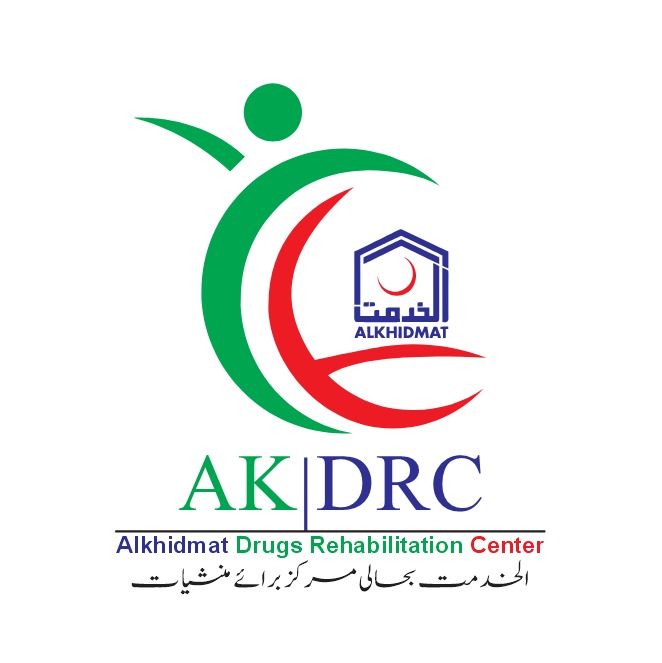
We offerHope
At our core, we believe in the transformative power of hope. We offer hope for those battling mental health challenges such as depression, anxiety, and PTSD, as well as those struggling with substance use addiction. Our dedicated team provides compassionate support and evidence-based treatments to help individuals reclaim their lives. By fostering a sense of hope, we empower our clients to overcome their obstacles, find purpose, and build a brighter future. Together, we can navigate the path to recovery and well-being.
Mental Health
Anxiety
Anxiety is a normal and often healthy emotion. But when a person regularly feels increased or ongoing worry or fear, they may have an anxiety disorder.
ADHD
ADHD can impact daily life for people of all ages and while it is diagnosed most often during childhood, it can be diagnosed at any age
Bipolar disorder
Bipolar disorder is a mental health condition characterized by mood shifts that include emotional highs (mania or hypomania) and lows (depression).
Schizophrenia
Schizophrenia is a chronic, serious mental health condition that affects how a person thinks, feels, and behaves. It can be a very disabling condition, but with treatment, most people with schizophrenia can lead productive and fulfilling lives.
Depression
Depression often involves a sense of sadness, hopelessness, or disinterest in once-enjoyable activities, and often affects mood, thoughts, behaviors, and physical well-being.
OC disorder
Obsessive-compulsive disorder, commonly referred to as OCD, is a mental health condition that causes unwanted and intrusive thoughts and repetitive behaviors or rituals.
PTSD
Post-traumatic stress disorder, commonly known as PTSD, is a mental health condition that can develop after experiencing or witnessing a traumatic event, such as war, physical abuse, sexual assault, a bad accident, or natural disaster.
Substance Use Addiction
Alcohol use
Alcohol use disorder (AUD) is a chronic disease where a person has an uncontrollable urge to drink alcohol despite the negative consequences it may have. Alcohol use disorder can range from mild to severe and it can significantly impact a person’s relationships, work, and health.
Cannabis use disorder
Cannabis use disorder is a chronic brain disease characterized by compulsive use of cannabis or marijuana despite harmful consequences.
Stimulant use disorder
Stimulant use disorder is a chronic brain disease where a person uses stimulants excessively or compulsively, even when it causes negative consequences in their life. Stimulants are drugs that increase alertness, energy, and focus such as cocaine, methamphetamine, and prescription ADHD medications.
Opioid use disorder
Opioid use disorder is a chronic brain disease characterized by compulsive use of opioids even when it has negative consequences. Common opioids include hydrocodone (Vicodin), oxycodone (OxyContin and Percocet), codeine, heroin, and fentanyl.
Life Events
Anger
Anger is a normal and healthy emotion that everyone experiences from time to time; however, when anger is excessive or uncontrollable, it can lead to problems in relationships, work, and school.
Codependency
Codependency is a pattern of behavior where a person relies on other people for their sense of self-worth and well-being. Codependent people may have difficulty setting boundaries and saying no.
Emotional regulation
Emotional regulation is the ability to manage your emotions in a healthy way and experience difficult emotions without being overwhelmed by them.
Gender expression
It’s common for people to struggle with conforming to gender norms and the social pressures of expressing gender in specific ways
Grief and loss
Grief and loss are some of the most common, natural emotional responses to any kind of change, whether it’s the death of a loved one, the end of a relationship, a job loss, or a move to a new city.
Guilt and shame
Guilt is a feeling of responsibility or regret for doing something wrong. Shame is a feeling of humiliation or disgrace.
Hallucinations or delusions
Hallucinations are false sensory experiences that seem real while delusions are fixed, false beliefs a person has even though they are untrue. They can be associated with mental health conditions such as schizophrenia, schizoaffective disorder, bipolar disorder with psychosis, and some anxiety disorders.
Life transitions
Major changes in our lives that can be challenging to navigate. Those include starting a new job, getting married or divorced, having a child, moving to a new city, or retiring.
Self-esteem
The way you view yourself, including your strengths, weaknesses, and accomplishments all factor into self-esteem—or your overall feeling of self-worth and acceptance.
Suicidal thoughts
Suicidal thoughts, also called suicidal ideations, is the broad term for someone thinking about death and suicide. Those thoughts can come and go and eventually become more frequent and intense, requiring immediate attention. They can also be symptoms of behavioral health conditions such as depression.
Trauma
Trauma is a disturbing or distressing experience that overwhelms a person’s ability to cope and can have a significant impact on physical and mental health, relationships, and work performance.
Work-life balance
Work-life balance looks different for everyone. Behavioral health issues related to work-life balance can include stress, anxiety, depression, burnout, and substance use.


